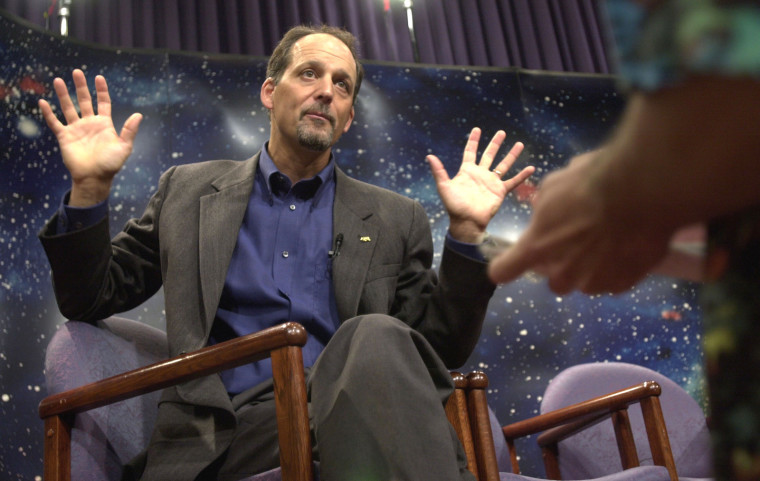University of California- Berkeley professor and famed astronomer Geoff Marcy has resigned. For those who haven’t been following the story, Marcy was accused by numerous former students of sexual harassment (here and here for more details). Nearly everyone has decidedly condemned his behavior. Many have been critical of the university’s response and seeming inability to discipline a member of the faculty that was sexually harassing students for many years. There is little question that Marcy’s behavior was reprehensible, but I want to discuss another aspect of the case: the need for faculty self-discipline.

After an extensive investigation of the facts of the case, the university found there to be convincing evidence against Marcy.
As a result, the university (with Marcy’s agreement) instituted a no-tolerance policy and said further actions by him would result in termination. The university administration claimed this was the best it could do under University of California faculty policies and that removing future appeal and procedural options for Marcy was a significant penalty.
No surprise, the backlash against this was swift. And in my view, justified.
Most damning, the faculty of the astronomy department released a statement that read in part, “We believe that Geoff Marcy cannot perform the functions of a faculty member.”
These are the colleagues that know him best. They didn’t want him to remain.
Yet, the views of Marcy’s fellow faculty were seemingly not considered because to go through the faculty policies would have been “lengthy and uncertain process” according to the university’s administrators.
I could not disagree more.
Even in announcing his resignation, the Chancellor and Provost said they would work on reforms “so that in the future we have different and better options for discipline of faculty.”
I have a different and better option. Use the faculty process you have in place already.
I have read part of the UC faculty policies and see multiple places where Marcy violated the policy set up by the UC faculty. He could have been terminated and for cause.
If the evidence is as compelling as it appears by all accounts, there is no uncertainty. He would have been terminated.
Giving administrators the power to summarily and without due process terminate a faculty member (even in the most egregious of circumstances) is not the solution.
I understand why presidents, provosts, and trustees want to quickly and immediately terminate a tenured faculty member. Instead, I argue the need for faculty self-discipline is best.
In criminal cases, we say that someone should be tried by a jury of their peers. This is a fundamental tenet of American jurisprudence. The same should hold true for faculty. If a case is clear and convincing, faculty committees and policies will remove a professor from the academic community.
Moreover, faculty removing one of their own speaks to the values of the university. It protects everyone from a potentially arbitrary or capricious firing.
Due process rights are important and also central to the American ethos. Due process simply assures that a process is fair and a person has the chance to state their side of the case.
Why would we not want that even in the case of someone like Marcy?
While Berkeley administrators claim to have their hands tied by faculty policies, I would suggest that claim is at best disingenuous and at worst not true. A better statement would be that Berkeley administrators don’t have the ability to dictate the result of faculty policies and procedures.
Good!
Faculty can, will, and should discipline their own. The response to the Marcy case isn’t more administrative power, but administrators who will trust their faculty (and even students) to uphold the values of the academic community.
In fact, looking at this case, Marcy and Berkeley’s administrators were the only ones not upholding the values of the community.
Is that really the company Berkeley’s administrators want to keep?

